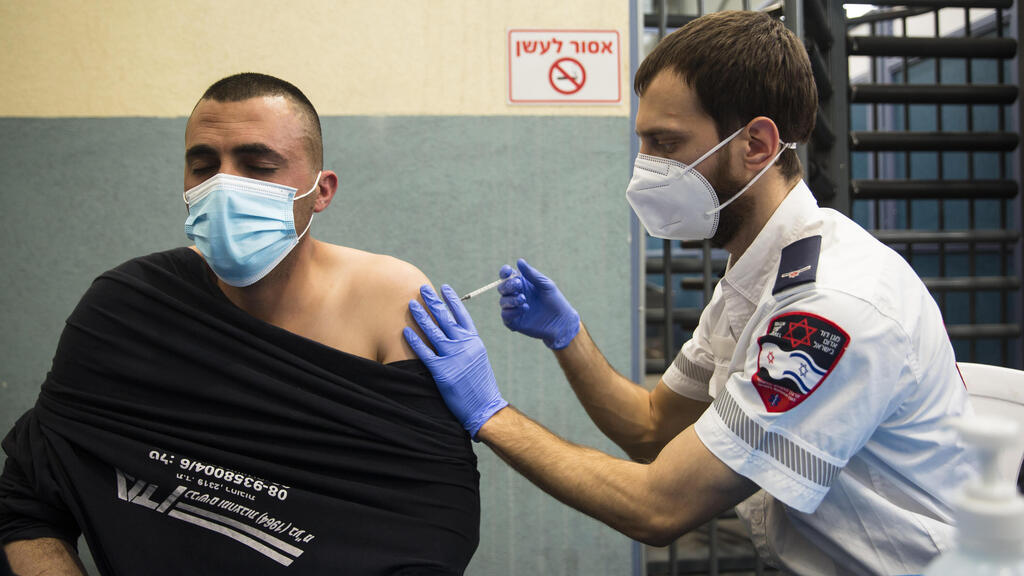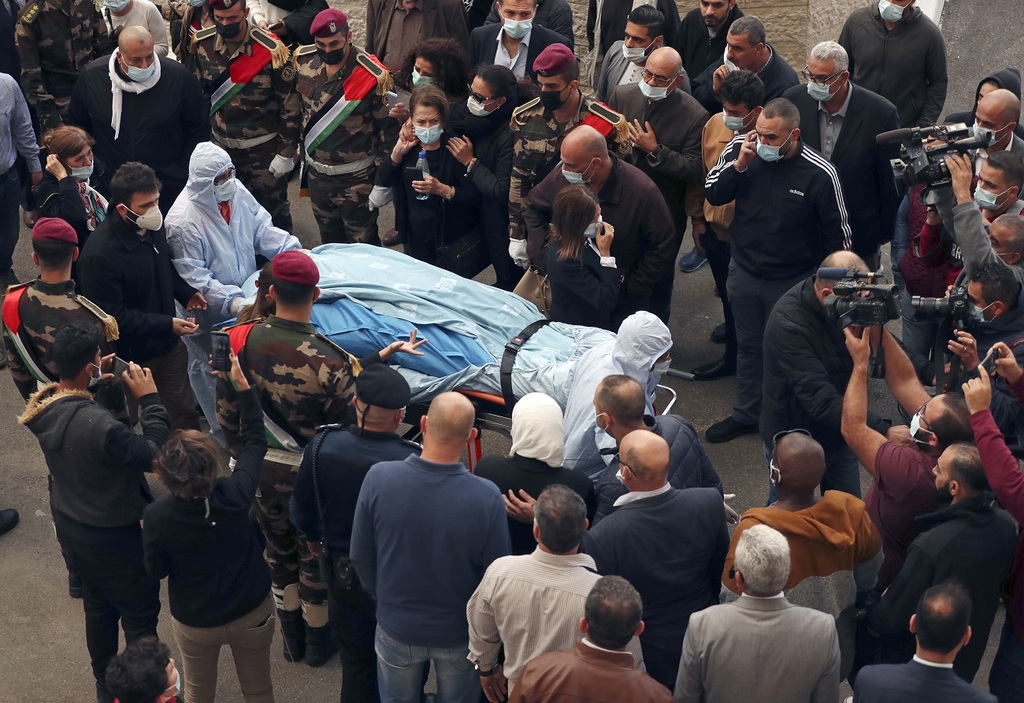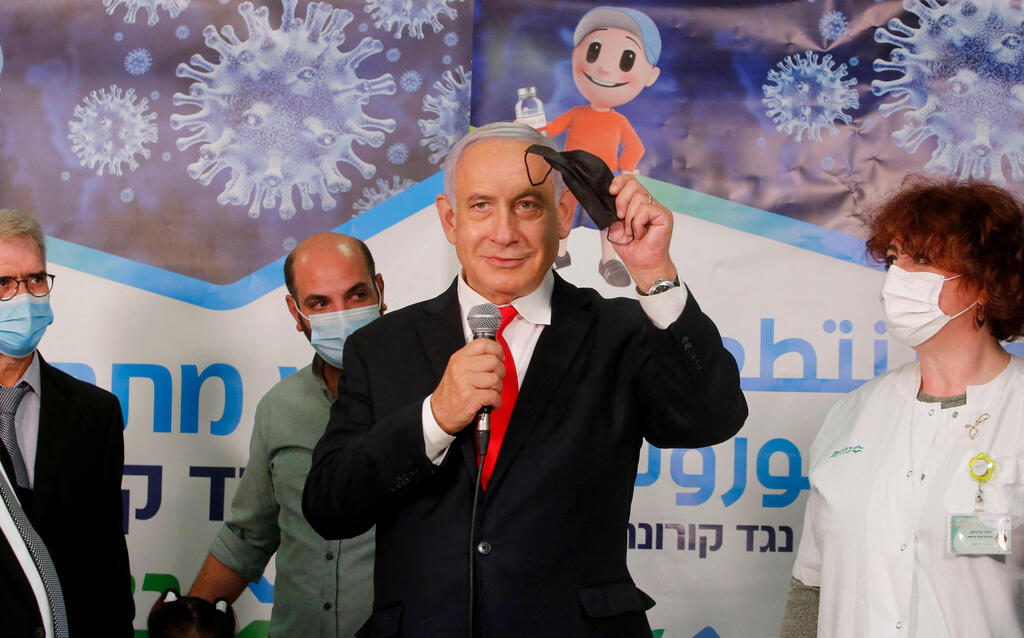Palestinian hospitals are overfull and intensive-care units operating at 100% capacity with coronavirus patients in some areas of the West Bank, Palestinian Authority (PA) Prime Minister Mohammad Shtayyeh said on Tuesday.
Palestinian cities have introduced full lockdowns over the last two weeks to control soaring COVID-19 infections, even as neighboring Israel has begun to lift restrictions as it proceeds with the world's fastest vaccination campaign.
"The percentage of hospital occupancy in some areas has reached more than 100%," Shtayyeh said in Ramallah. "The number of casualties is increasing and the number of deaths is increasing on a daily basis, forcing us to take strict, direct and unprecedented measures."
The West Bank and Gaza, home to a combined 5.2 million Palestinians, have received around 34,700 vaccine doses to date. These came from small donations by Israel and Russia as well as 20,000 sent by the United Arab Emirates to Gaza.
Meanwhile in Israel, restaurants reopened on Sunday as the country kept up a fast pace of mass vaccinations.
"I brought millions of doses, now I'll have to bring tens of millions of doses. I am currently in talks with Pfizer and Moderna to bring more," Prime Minister Benjamin Netanyahu told Army Radio, campaigning ahead of a March 23 election.
Israel has given 53% of its 9 million population at least one dose of the Pfizer/BioNTech COVID-19 vaccine, according to Health Ministry data, and over 40% have received both doses.
The contrast has not gone unnoticed among Palestinians.
On Monday, Israel extended its vaccination program to include Palestinian laborers who work in Israel and in its West Bank settlements.
Many Palestinians argue that Israel is neglecting its obligations as an occupying power by not including them in the mass roll-out. "The number of vaccinations in Israel is really high," said 75-year-old Saji Khalil. "Even the Palestinian laborers whom they vaccinated, they did it to serve the Israeli community, not to look out for the well-being of the laborers."
However, under the terms of the Oslo Accords, the Palestinian Authority is responsible for the healthcare of its own population and has repeatedly said it is obtaining its own vaccines via a UN scheme.
3 View gallery


An Israeli paramedic vaccinates a Palestinian laborer against COVID-19 at border crossing
(Photo: Gettyimages)
Israeli officials stressed that they were not responsible for covering for the PA's failings.
Many Palestinians are dissatisfied with their leaders. The PA came under fire from rights groups last week after admitting that it had sent 10% of the COVID-19 doses that it received to VIPs.
Firas Narawesh, from Ramallah, said the government had failed to provide vaccinations to ordinary Palestinians, and had "distributed vaccinations in an unfair way and in an unequal way with clear favoritism and corruption."



